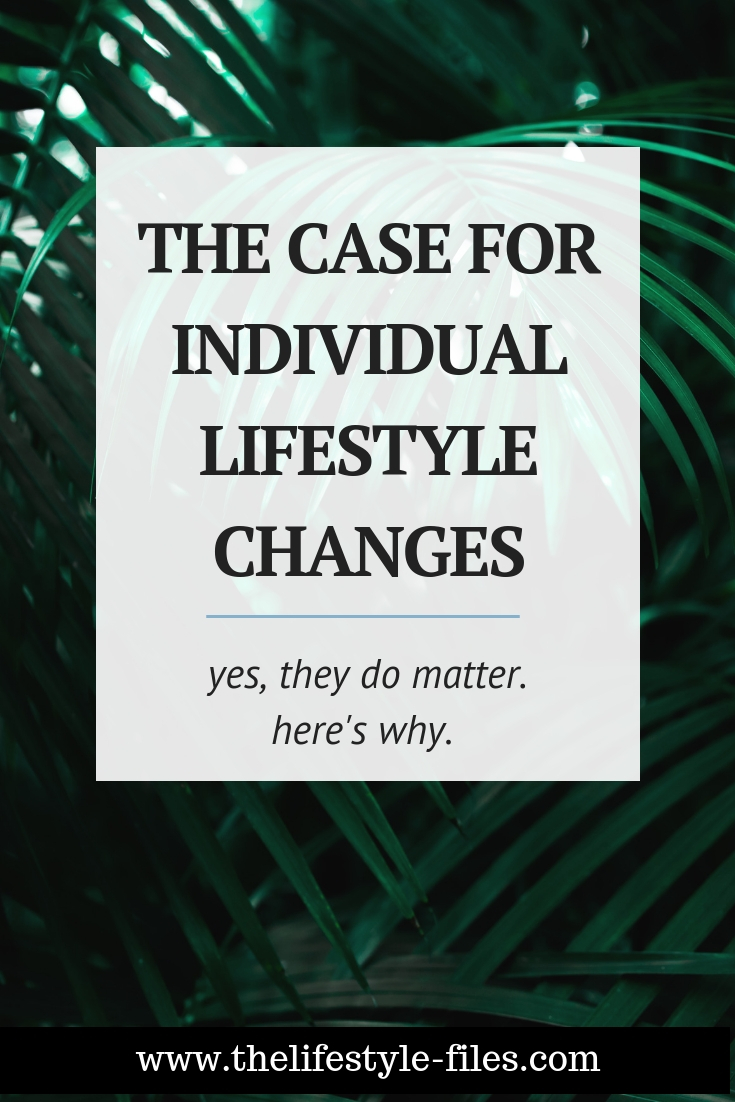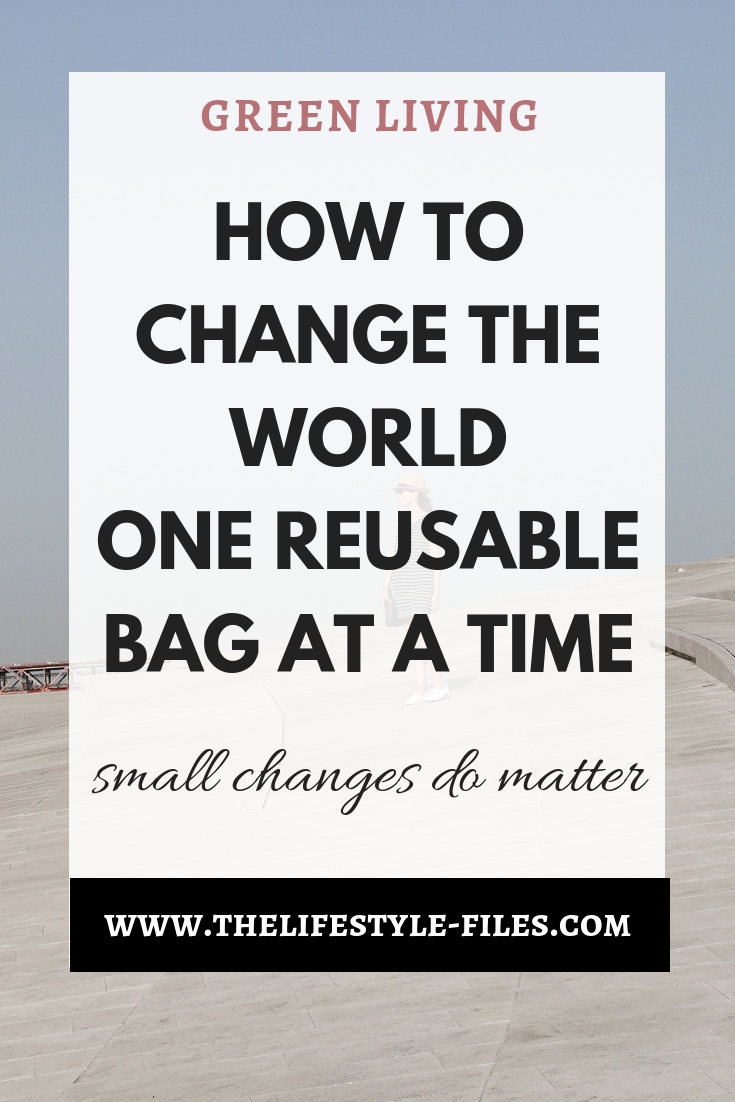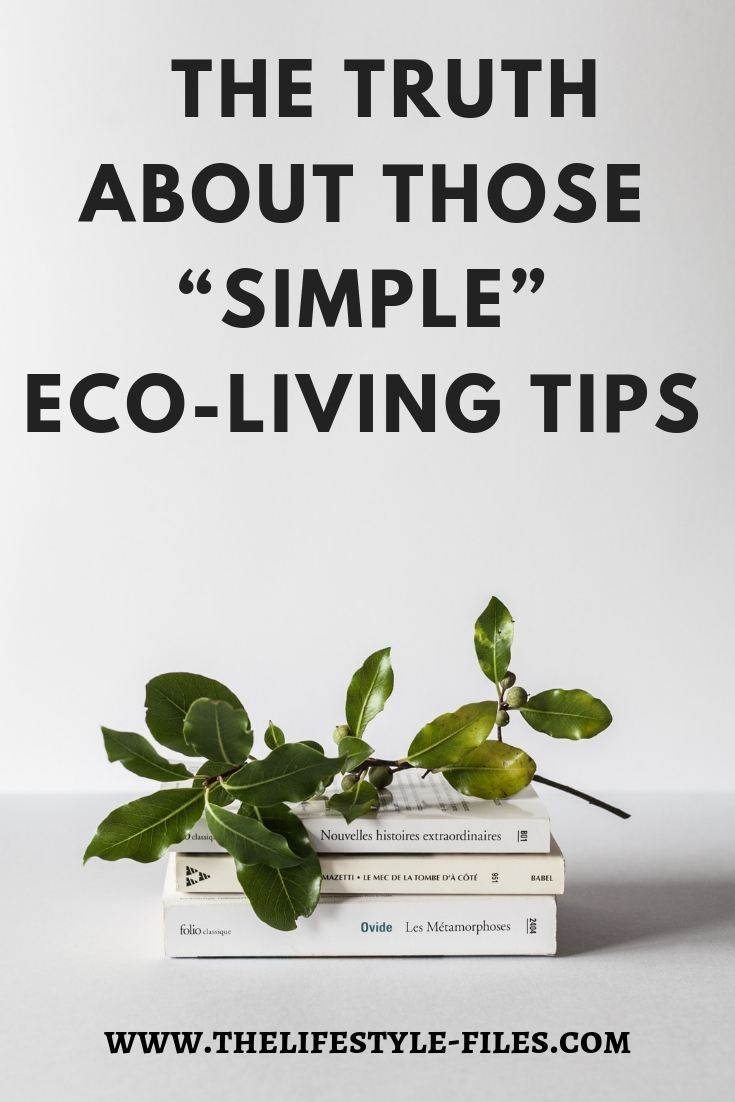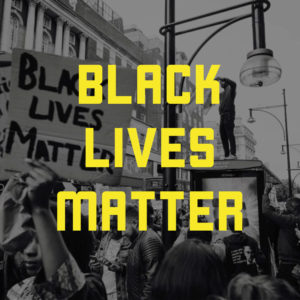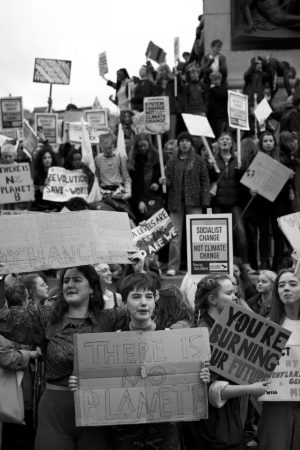 A couple of weeks ago, I came across an online discussion about the importance of individual lifestyle changes. More precisely, what the actual impact of those choices are for climate change and sustainability.
A couple of weeks ago, I came across an online discussion about the importance of individual lifestyle changes. More precisely, what the actual impact of those choices are for climate change and sustainability.
The starting point of the discussion was a reader comment sent to a blogger who has a minimalist blog and is frequently talking about a more eco-conscious lifestyle. The comment was about how she can preach about saving the planet when she has avocado for breakfast and it’s a known fact that avocado production is killing the environment – it causes massive deforestation, increases greenhouse gas emissions, and requires large amounts of water.
It was not the first time I was confronted with the issue of individual responsibility regarding the environment as well as the question of how much effect our actions actually have on climate issues – both in a positive and a negative way.
A single straw vs. The Paris Climate Agreement
For every “10 tips to live more eco-friendly” article, you’ll get an equal amount of comments/ articles arguing why those actions are simply not enough or not good enough.
You may recycle your waste, but you still drive a car.
Ok, you don’t have a car, but you still take flights for your vacations.
You may not use plastic bags, but you still buy your peanut butter in a plastic jar.
And the ultimate argument: you may do everything you can within your power, but it still means nothing because governments and big business are the main culprits and if they don’t change anything we’re doomed (the even more pessimistic opinion: we’re doomed no matter what). Compared to the Paris Climate Agreement, a straw is insignificant.
Forget the fight against single-use plastic, your actions are too small to matter.
You’re not enough to make a change.
Why is this an either/or issue? Why can’t it be both?
To be honest, I find this whole discourse very depressing – not as much as the fact that we’re actively destroying our environment, but still pretty depressing.
I also find it quite harmful.
Yes, I, personally am not responsible for climate change (that much). Big business is the big problem. Government inertia is the big problem. Lobbying interests, financial bottom lines, political plays are the big problem.
Individual actions are only parts of the solution – and very tiny parts.
But I still don’t get all this negativity. Why does it have to be either them or us? Why can’t it be both?
Why do we always feel the need to add a “but”?
Why can’t we celebrate and embrace small(er) steps, while still acknowledging there’s a long way to go?
It’s just a simple shift from slightly more negative to slightly more empowering and optimistic.
You’ll never know where one reusable bag can take you
Some people are able to start life sweeping changes from one day to another. Some – but probably very few. For most of us, it’s a longer process. We start feeling uncomfortable about things, we gather information, we mull over the decision, we try, we fail, we abandon, we start again.
Change is usually not a straight line, but a zig-zagging path with a lot of pit stops.
It’s normal and doesn’t mean that path is not leading somewhere.
My own story is no different. I cannot pinpoint an exact date or moment I started to care about what’s happening around me with the environment. It was a slow build – I started to pay attention to the news, the reports, I started to really think about what that meant for me, for my future kids, for all the living organism around us. The reality that something is really wrong started to weigh in and the stories started to reach me.
I probably can pinpoint what my first actions were, though. It was starting to pay attention to the myriad of plastic bags in the shops.
It then led to the first purchase of a reusable bag. To dedicated recycling. To refusing fast food. To learn about the initiatives to reduce waste.
The more I read, the more informed I felt, and the more I wanted to change.
Currently, I’m trying to reduce waste in other areas of my life and learning about sustainable food production, and slowly becoming more plant-based in the meantime as I realize the impact animal farming has on the environment.
It’s still a learning process and I still cannot state that I do everything in my power to live more sustainably. And I also cannot say this fact never bothered me.
Am I a hypocrite if I self-identify as someone who cares about the world and still book a long-distance flight to New York, just for fun?
Am I a hypocrite if I still drive a car? Eat animal-derived food? Go to the supermarket and support big corporations? Buy things I don’t technically need?
I may be a hypocrite in the eyes of some people. But I choose to believe that I’m human and, as such, not perfect. And this isn’t me trying to justify my choices or easing my conscience.
It’s me trying to see progress instead of failure. Trying to focus on and draw motivation from all the steps instead of abandoning the whole thing because I cannot yet do it all.
It’s not an all or nothing game. Don’t let the fact that you’re not perfect deter you from trying to be better. And try to inspire and motivate others as well. It’s important to spread information, but it’s also important to encourage everyone.
The case for individual lifestyle changes
I happen to think that lifestyle and consumer habit changes do matter.
+ They matter on a quantitative level.
We all have individual carbon footprints, and the very immediate first step we can do is to try to reduce that footprint with individual actions. After all, at least some issues are associated with consumer use. Higher consumption lifestyles have higher environmental impacts. If we chip away even just a little, it helps.
And yes, it doesn’t solve everything. We cannot reverse climate change simply by purchasing a reusable coffee cup. But it’s not about that.
It’s about starting something. Getting involved. And the more involved we are, the more we can do.
+ They matter on a social, political, and business level.
No social change ever started with a critical mass. It always started with a few like-minded individuals who believed in something and were willing to go against the stream. I’m sure it was often difficult, but they persevered and eventually won the fight.
Leadership can start from the bottom up. The more people start caring about issues, the more likely something will actually happen. We can elect leaders to be in a position of action. We can put pressure on political forces. We can vote in elections and we can vote with our money.
We can start playing the blame game, but I don’t think it will get us anywhere. We can start waiting for big business and politicians to do something on their own or we can be more active in actually getting them to do something.
At first glance, this may seem incredibly naïve. Pressure leaders and then they’ll do the right thing – it’s kind of like a fairytale, right?
In reality, this is actually me being quite cynical. Because I don’t think without awareness and pressure anything can truly change. Fighting climate change is a fundamentally economic and political issue.
The odds may be against us, but the more pressure we put on corporations and political leaders, the better chance we have. But for that, people have to be aware of the problems. We need them to care.
Political activism is a higher form of caring. There’s a path leading there.
Every individual step is a small building block, laying the foundation for bigger changes.
+ But they also matter on a more theoretical level.
They set examples.
They are empowering.
They fight apathy.
They send a message of action. A message of responsibility. A message of caring.
Because the moment everyone succumbs to negativity and fatalism is the moment we lose our last chance of making any kind of positive change.

